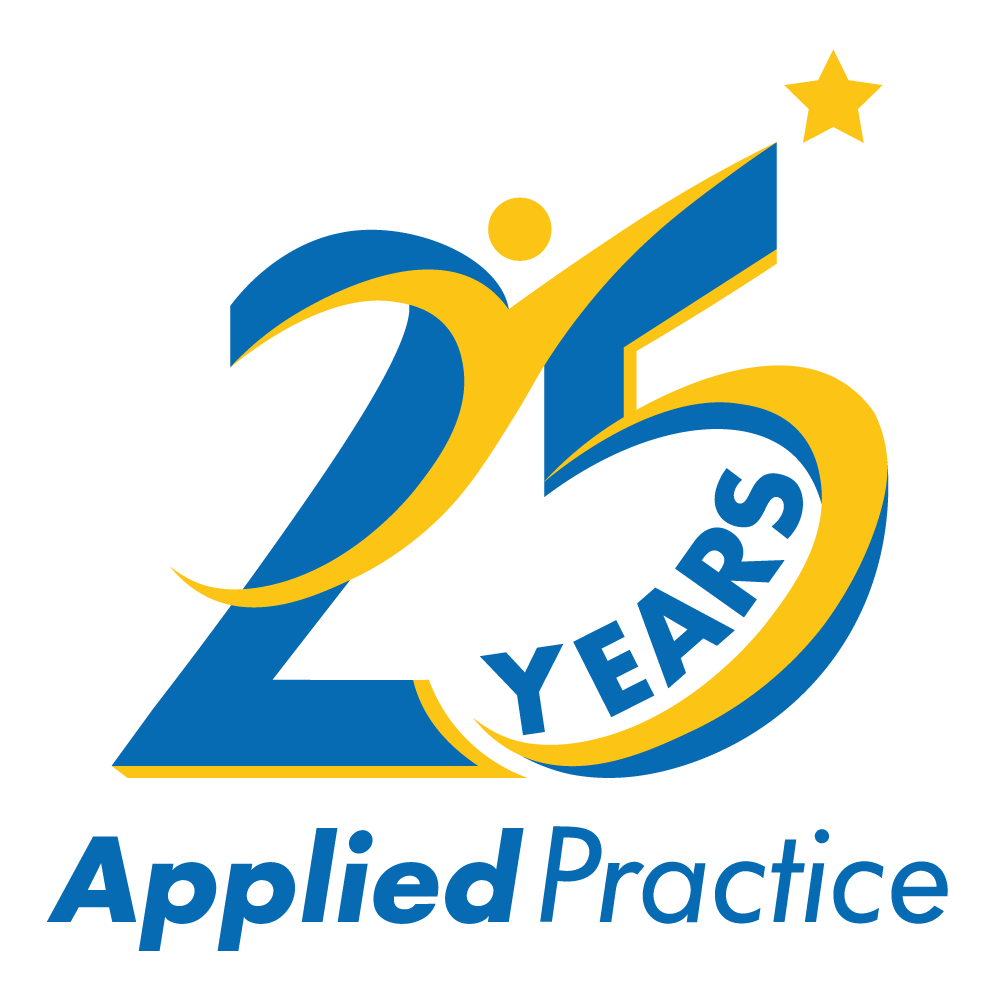If your students are writing lower-half essays, it is likely they have not had enough practice with timed writings. Students who can write in the mid-range on practice essays, like Propel’s AP Mock Exam, scoring a 4, 5, or 6, can improve their writing by up to two scoring points prior to the AP Exam through sustained practice, focused feedback, and meaningful revision activities.
Suggestions for Mastering The Open Question
- Model the kind of thinking students must do to focus on understanding the prompt’s question before choosing a novel or play to write about. If the prompt is about justice and injustice, what have we read in class this year that would help me illustrate what those two ideas are about? If the prompt asks for analysis of a coming of age story, what have I learned from my reading about the characteristics of growing up in the world? Use class discussion time to brainstorm ideas from a novel all students should know well, and then write a body paragraph together in class. Then assign students the task of writing a second body paragraph independently to share the following day.
- Remind students when focusing on a character in a longer work that they have many choices. Sometimes the main character(s) is the appropriate one to analyze, but often it is someone other than a central character who can offer the most interesting analysis. For example, an analysis of Fortinbras or Laertes may yield a more intense, creative appraisal of justice/injustice than one focused on Hamlet’s many troubles. Of course, in a prompt about a coming of age novel, it is probably the protagonist who will be the wiser choice, and in many cases, the prompt actually asks for an analysis of the protagonist’s character.
- Many students write vague, obvious, or empty sentences in the introduction before getting to a thesis statement which addresses the question of the prompt. Have students work with high-scoring samples and note the way the introductions quickly and concisely lead into the thesis statements. Ask students to write a new introductory paragraph for their own essay, tightening it and focusing it. Encourage students to share the rewrites with a partner or group members.
- Some students have problems recalling and recreating concrete and accurate examples from the novels or plays they are attempting to write about. Before the exam, encourage them to prepare two or three longer works they know well by making notes on characters, settings, plot-lines, style, themes, and other specifics and then reviewing their detailed notes frequently. This activity works well in small study groups.
- As a whole-class activity, brainstorm the significant events of a longer work they all know well. Spend time in discussing how concrete events connect to the abstract meaning of the work.
- Students must be reminded of their task: to analyze rather than summarize; they must bring every paragraph of their essay back to the theme idea referred to in the prompt—the meaning of the work as a whole.
- Practice determining “the meaning of the work as a whole” with every novel and play read in class and those read in previous years. By now, students should be comfortable and adept at making thematic and universal meaning statements with almost everything they read.
For in-class practice, be sure to visit AP Central on the College Board website. If you have given your students the 2016 released free response questions, below is a free, classroom-ready deconstruction lesson over the 2016 The Open Question to use with your students.
